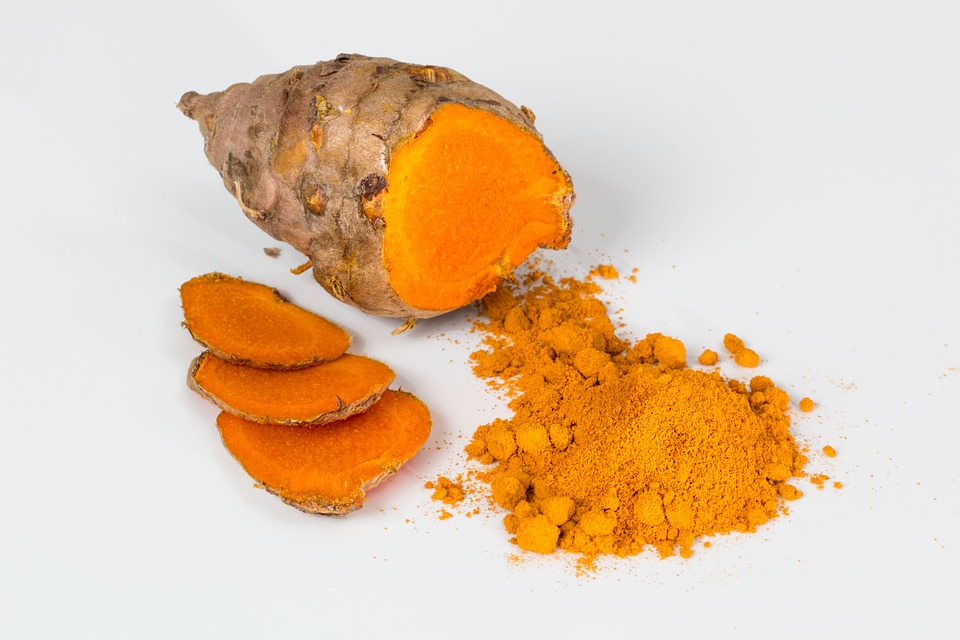Pancreatitis is a condition that occurs when the pancreas, a vital organ in the digestive system, becomes inflamed. This can be caused by a variety of factors, including alcohol abuse, gallstones, and high levels of triglycerides in the blood. One of the most important ways to manage pancreatitis is through a healthy diet. In this ultimate guide to a diet with pancreatitis, we’ll explore what you need to know to eat well and feel your best.
1. Avoid Alcohol
Alcohol is a major trigger for pancreatitis, so it’s important to avoid it altogether if you’ve been diagnosed with this condition. This includes beer, wine, and hard liquor. In fact, even moderate alcohol consumption can increase your risk of pancreatitis, so it’s best to err on the side of caution and abstain from alcohol completely.
2. Choose Low-Fat Foods
Another key component of a pancreatitis diet is choosing low-fat foods. This is because the pancreas produces enzymes that help break down fat in the body, and when the organ is inflamed, it can have trouble doing its job. To reduce the strain on your pancreas, aim to eat foods that are low in fat and easy to digest. This includes lean proteins like chicken and fish, as well as fruits, vegetables, and whole grains.
3. Add Probiotics to Your Diet
Probiotics are beneficial bacteria that help support a healthy digestive system. They can be found in foods like yogurt, kefir, and sauerkraut. Adding probiotics to your diet can help reduce inflammation and improve gut health, which can be especially helpful for people with pancreatitis.
4. Stay Hydrated
Staying hydrated is important for everyone, but it’s especially important for people with pancreatitis. Drinking plenty of water can help flush toxins out of your system, improve digestion, and reduce inflammation. Aim to drink at least eight glasses of water per day, and avoid sugary drinks like soda and juice.
5. Avoid Processed Foods
Processed foods are often high in fat, sugar, and salt, which can all contribute to inflammation and other health problems. Instead, focus on whole, unprocessed foods that are rich in nutrients and easy to digest. This includes fresh fruits and vegetables, lean proteins, and whole grains.
6. Work with a Nutritionist
If you’re struggling to figure out what to eat with pancreatitis, consider working with a nutritionist or dietitian. These professionals can help you create a personalized meal plan that meets your nutritional needs while also taking into account your individual health concerns and preferences.
In conclusion, a pancreatitis diet should focus on low-fat, nutrient-dense foods that are easy to digest and support digestive health. By avoiding alcohol, choosing whole foods, and staying hydrated, you can help reduce inflammation and manage your symptoms. And if you’re ever unsure about what to eat, don’t hesitate to consult with a nutritionist or dietitian for personalized guidance.




